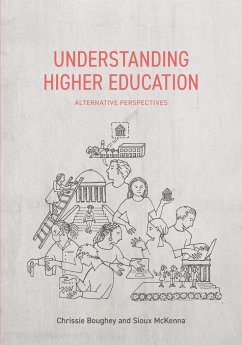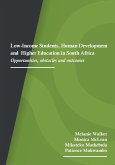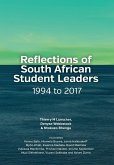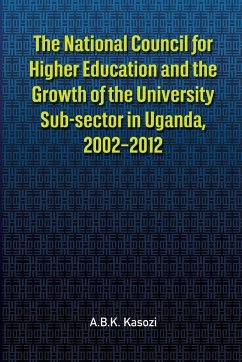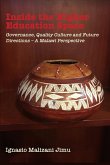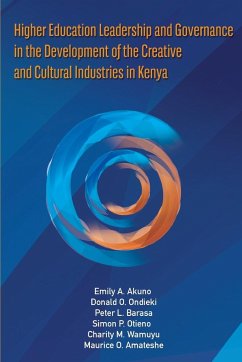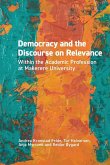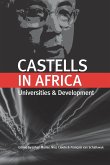Drawing on the South African case, this book looks at shifts in higher education around the world in the last two decades. In South Africa, calls for transformation have been heard in the university since the last days of apartheid. Similar claims for quality higher education to be made available to all have been made across the African continent. In spite of this, inequalities remain and many would argue that these have been exacerbated during the Covid pandemic. Understanding Higher Education responds to these calls by arguing for a social account of teaching and learning by contesting dominant understandings of students as 'decontextualised learners' premised on the idea that the university is a meritocracy. This book tackles the issue of teaching and learning by looking both within and beyond the classroom. It looks at how higher education policies emerged from the notion of the knowledge economy in the newly democratic South Africa, and how national qualification frameworks and other processes brought the country more closely into conversation with the global order. The effects of this on staffing and curriculum structures are considered alongside a proposition for alternative ways of understanding the role of higher education in society.
Hinweis: Dieser Artikel kann nur an eine deutsche Lieferadresse ausgeliefert werden.
Hinweis: Dieser Artikel kann nur an eine deutsche Lieferadresse ausgeliefert werden.

